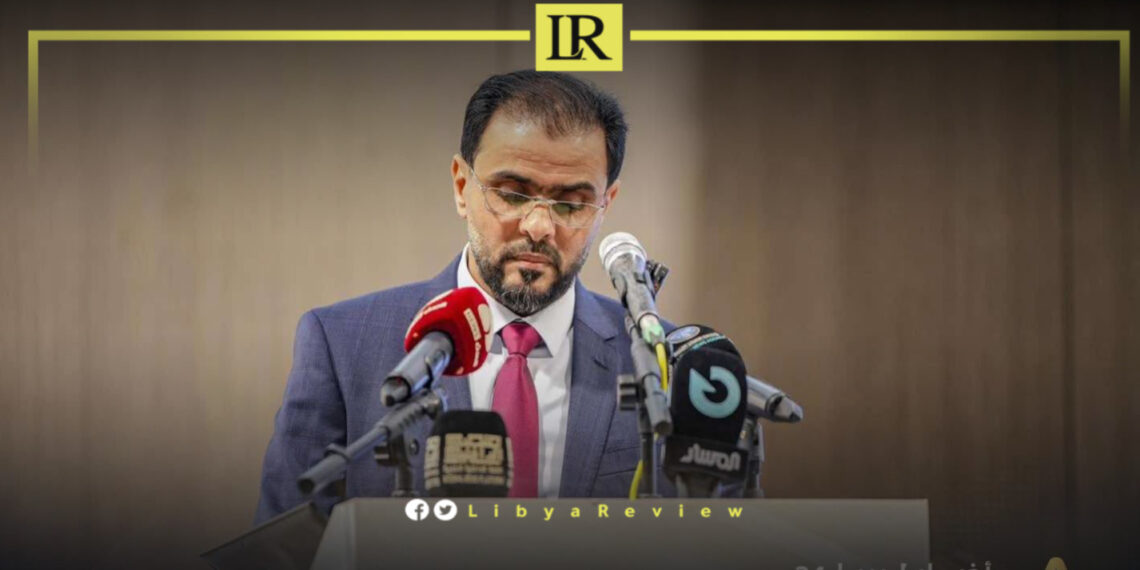On Monday, Libya’s Parliament-designated Prime Minister, Osama Hammad, extended congratulations to the Libyan people on the 14th anniversary of the February 17 Revolution, calling it a symbol of the nation’s pursuit of freedom, justice, and the rule of law.
In his message, Hammad stressed the importance of unity, reconciliation, and national cohesion, urging Libyans to set aside divisions and work together for a stable and prosperous future.
His statement comes as Libya remains politically fragmented, with rival administrations competing for legitimacy—one in Tripoli, led by Abdul Hamid Dbaiba, and the other in the east, backed by the House of Representatives.
The country has struggled with political deadlock, economic instability, and security challenges, making national reconciliation a top priority for long-term stability.
Since the 2011 uprising that ended Muammar Gaddafi’s rule, Libya has faced continuous conflicts, militia influence, and foreign interventions, hindering efforts to build a unified government and hold long-awaited elections. Hammad’s call for unity reflects a renewed push for political dialogue and institutional reforms to end the ongoing crisis.
As Libya marks another February 17 anniversary, the pressing question remains: Will this be the year Libya’s leaders turn their calls for unity into concrete political action, or will the country continue to struggle with division and instability?


